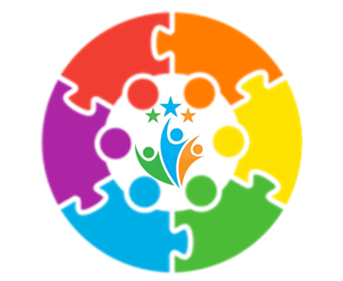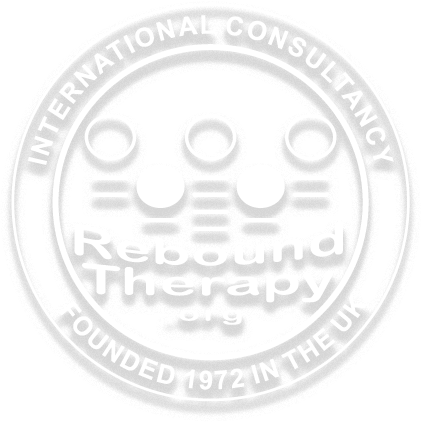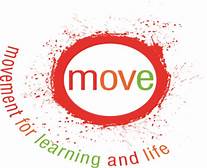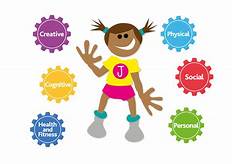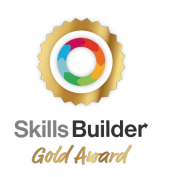Design and Technology
Intent
At Nancealverne School we aim to ensure that our DT offer provides pupils at all ages and stages with opportunities to develop their creativity and imagination in an inspiring, rigorous and practical learning environment.
All students will be given differentiated opportunities to design and make products that solve real and relevant problems within a variety of contexts, considering their own and others’ needs, wants and values. DT will be delivered in a cross-curricular way that develops and draws on skills from mathematics, science, engineering, computing and art.
Pupils will be encouraged to learn how to take risks, and build resilience and resourcefulness in line with the school’s TIS approach.
Students will also be supported to develop innovative and enterprising skills, allowing students to understand and recognise the impact that they can have as a citizen through the use of design and technology.
Aims The national (and Nancealverne School) curriculum for design and technology aims to ensure that all pupils (to the fullest of their individual ability):
- Develop the creative, technical and practical expertise needed to perform everyday tasks confidently and to participate successfully in an increasingly technological world
- Build and apply a repertoire of knowledge, understanding and skills in order to design and make high quality prototypes and products for a wide range of users
- Critique, evaluate and test their ideas and products and the work of others understand and apply the principles of nutrition and learn how to cook.
Implementation
Aspects of DT will be taught in all classes at Nancealverne School and discrete DT lessons will be taught for all students between Key stage 1 and Key Stage 3.
During early years, DT skills will be embedded across all aspects of learning. During key stage 4 and Post 16 DT will be embedded within accredited enterprise and independent living skills units; ensuring skills and interests are developed and linked to life beyond school.
DT will be delivered through a differentiated skills based approach to teaching and learning, following the National Curriculum Guidance and the school’s ‘DT Curriculum Map’ documents. Teaching and Learning will differentiate for the learners across the school’s four learning pathways; offering a multi-sensory and communication focused approach to learning for students at pathway 1 and 2; while offering a wealth of skills led experiences and challenge for students at pathways 3 and 4.
Annual themed weeks linked to DT are also planned for, allowing for an immersive experience at these times.
The school also offers after school clubs linked to cooking and computing skills, both key aspects of DT.
Evidence, Progress and Assessment Progress will be monitored through tracking skills within the school’s curriculum maps. The curriculum maps offer an opportunity to plan for progress for students at each of the school’s recognised pathways, ensuring that progress can be planned for and tracked regardless of the pupils start point. Evidence is collected in books and project folders. Opportunities are available to collect evidence using 'Evidence for Learning' allowing for evidencing achievements over longer periods of time. Teachers use a range of formative and summative assessment strategies to ensure progress including:
- Use of the school marking policy
- Self-assessment
- Peer-assessment
- The use of B² Progression Steps and Engagement Steps
- The ASDAN continuum and bespoke assessment for Post 16 WRL and Independent Living Skills Unit assessments.
- Evidence for Learning
Impact
Throughout their learning journeys, pupils will be prepared for the next stage of their DT education. The vast majority of pupils will meet, or exceed their expected levels of progress for DT.
Functional and life-skills will be embedded and practised within the DT curriculum. At Key Stage 4 students will complete accreditation based units with links to DT skills.
At Post 16 students will complete functional accreditation units linked to DT skills.
At Key Stage 4 and Post 16 students with an interest will be supported to investigate opportunities to develop DT skills further outside of school. At Key Stage 4 and Post 16 students with a specific interest will be prepared to continue their DT journey beyond school into a post 16 provision.
At Key Stage 4 and Post 16 students with a specific interest will be supported to explore work related opportunities in careers linked to STEM
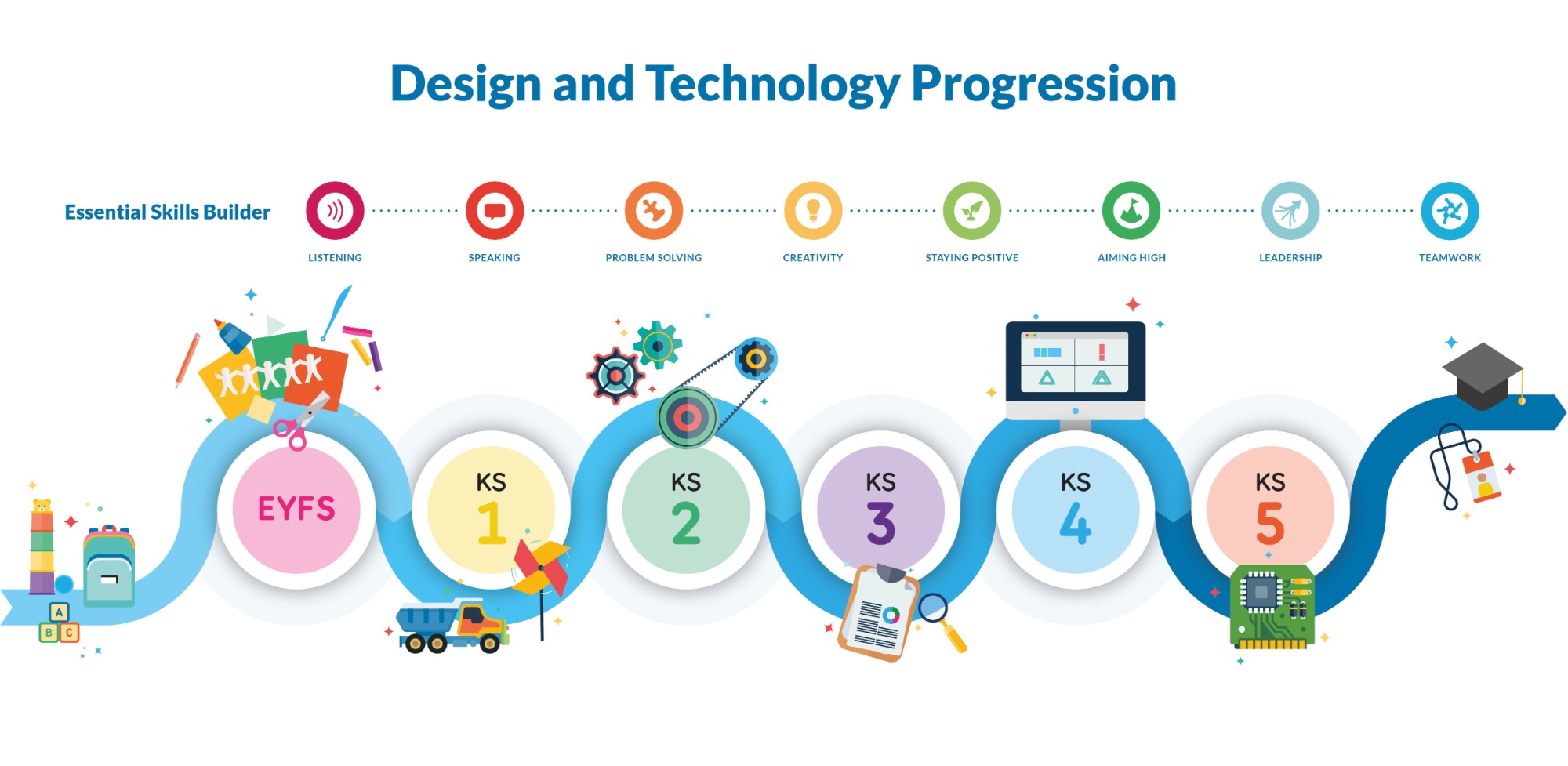 The progression of design and technology skills at Nancealverne school include enterprise projects. These projects aim to teach students practical skills related to entrepreneurship, teamwork, problem-solving, and financial literacy. Students typically work in teams to develop a business idea, create a business plan, and execute the project. This may involve tasks like market research, product development, marketing, sales, and managing finances.
The progression of design and technology skills at Nancealverne school include enterprise projects. These projects aim to teach students practical skills related to entrepreneurship, teamwork, problem-solving, and financial literacy. Students typically work in teams to develop a business idea, create a business plan, and execute the project. This may involve tasks like market research, product development, marketing, sales, and managing finances.
We also have skills builder activities throughout the year which include drop down days where we complete whole school enterprise projects, team building and creative workshops.
Early Years Foundation Stage (EYFS):
- Explore and experiment with a variety of materials and tools.
- Develop an awareness of shape, form, and texture in their creations.
- Begin to understand how things work and use basic mechanisms.
- Express ideas and feelings through designing and making.
Key Stage 1 (KS1):
- Investigate and use a range of materials, tools, and techniques.
- Design and make purposeful products using simple construction methods.
- Explore how things move, and design and make moving toys or models.
- Begin to evaluate their own and others’ designs and suggest improvements.
Key Stage 2 (KS2):
- Investigate, disassemble, and evaluate existing products.
- Design and make products with a specific purpose, considering user needs.
- Use a wider range of materials, tools, and techniques, including electronics.
- Develop an understanding of structures and mechanisms.
- Communicate design ideas through sketches, diagrams, and prototypes.
- Consider the impact of design and technology on individuals and the environment.
Key Stage 3 (KS3):
- Research, analyse, and evaluate existing products and systems.
- Generate, develop, and communicate design ideas using computer-aided design (CAD) software.
- Use a wide range of materials, tools, and techniques to make high-quality products.
- Understand and apply the principles of sustainable design and manufacturing.
- Develop programming skills to control and automate systems.
- Collaborate effectively in design and make projects, considering user feedback.
Key Stage 4 (KS4):
- Apply knowledge and understanding of materials, processes, and techniques.
- Use CAD/CAM technologies to design and manufacture products.
- Analyse and evaluate the work of other designers and manufacturers.
- Consider the social, moral, and ethical implications of design decisions.
- Develop critical thinking and problem-solving skills in design contexts.
- Apply iterative design processes to develop and refine product ideas.
Key Stage 5 (KS5):
- Demonstrate a deep understanding of materials, processes, and manufacturing technologies.
- CAD/CAM techniques to design and prototype complex products.
- Investigate and evaluate a range of design styles, movements, and philosophies.
- Analyse and critique existing products and propose innovative design solutions.
- Develop advanced technical skills in areas such as electronics, mechanics, or textiles.
- Conduct independent research and develop a personal design portfolio.
Whilst we follow the objectives of a structured subject-specific curriculum, we offer highly differentiated and personalised learning programmes. We deliver a specialist, high-quality, and relevant education. This focuses on personal skills and academic achievement, setting high expectations for all. We appreciate that students may not be working at age-related or key-stage expectations, and therefore measure progress from individual starting points.

